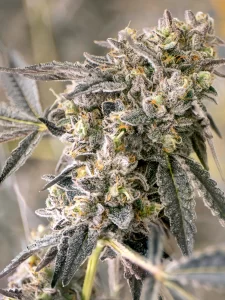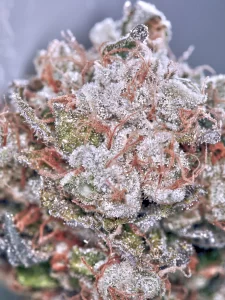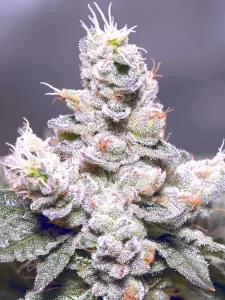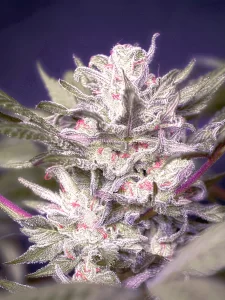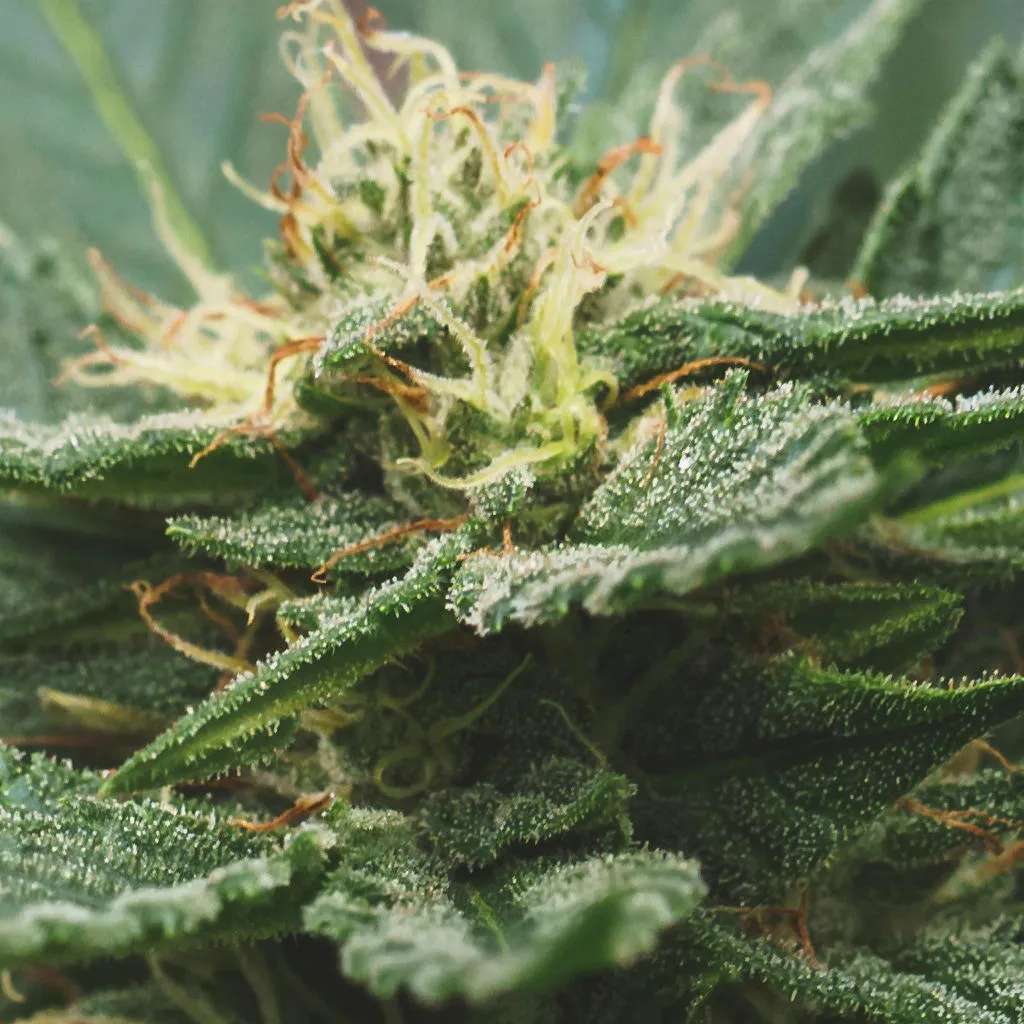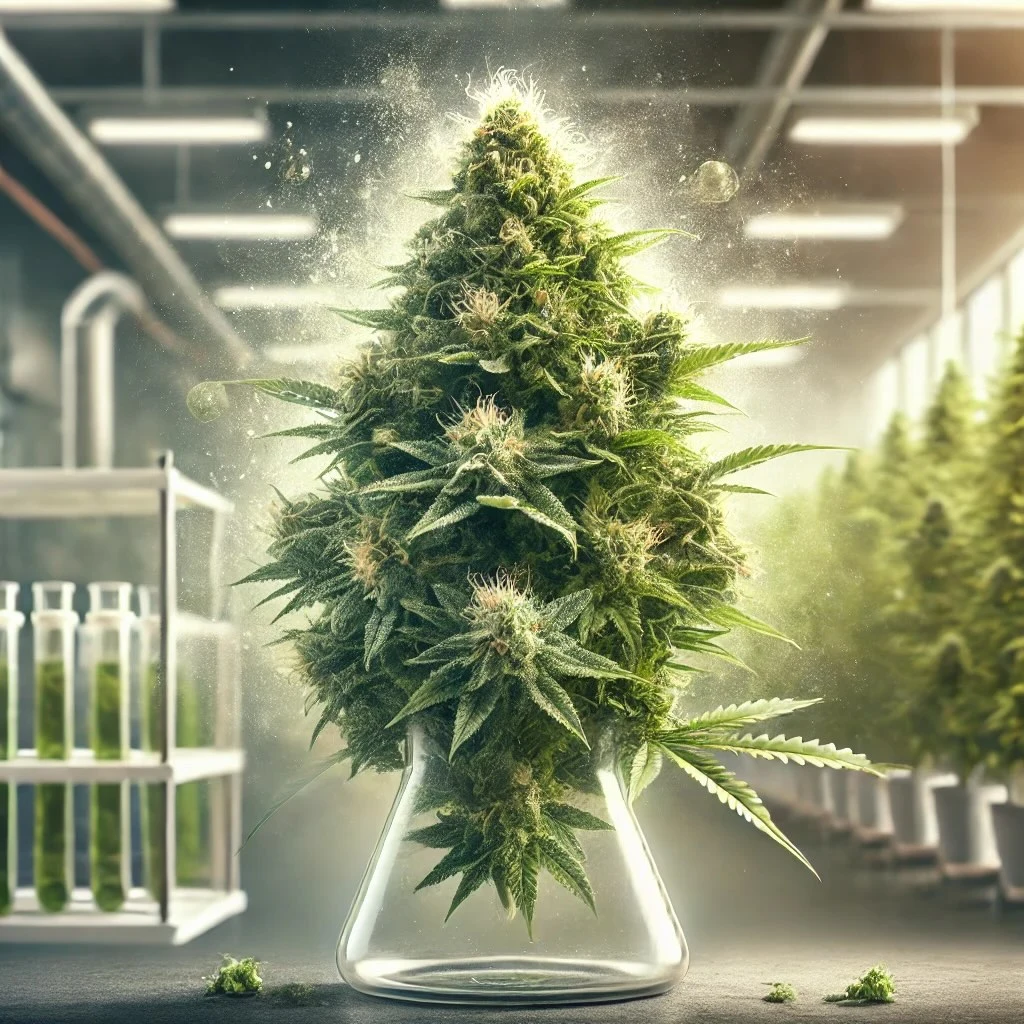Quite recently, the Philippine Compassionate Medical Cannabis Act was approved. The bill is designed to allow the medical use of weed, despite the hardline approach of President Rodrigo Duterte to eliminate illegal drugs. House Bill 180, if approved, would regulate the marijuana use, while overseeing the launching of Medical Cannabis Compassion Centers, which would be licensed by the Department of Health in the Philippines.
According to the bill, it would allow centers to dispense weed to caregivers and patients who are qualified for the use of the drug through a pharmacist. It will also enable more studies relating to the efficiency of cannabis against certain diseases, especially for children with cancer, multiple sclerosis, and epilepsy.
The bill’s author, Representative Rodolfo T. Albano II, said in an interview that, although the President is ridding of drugs, he is open-minded when it comes to medical marijuana. If passed, the bill would establish research facilities in the Philippines, where testing and growing more cannabis plants would commence.
Some Important Conditions
The plants would be in enclosed facilities located in secure areas. Patients who would carry a legitimate prescription from a doctor would be the only ones who would gain access to cannabis. It is significant that the patients can show that they have a debilitating medical condition. If proven, they would be given identification cards, which would permit them to get marijuana.
It is important to note though that while the bill would welcome medical cannabis to the Philippines, it does not allow or encourage the use of flowers for vaping and smoking. House Bill 180 clearly states that it is not opening doors for the recreational purpose of weed. It also does not aim to decriminalize marijuana in the country.
According to the author of the bill, he recalled that the President did not mention anything against legalization of marijuana for medicinal purpose. The President explained that weed is an essential component these days, especially in modern medicine. In particular, there are medicines with marijuana as an ingredient that are being developed and with some that are already available on the market.
Marijuana will remain illegal in the Philippines under Duterte’s regime. Anyone who is caught using or possessing weed – even if it is for medical purposes – may be sentenced to life imprisonment. Additionally, thousands of deaths were a result of the ongoing “War on Drugs.”
The goal of the groundbreaking bill is to prolong or at least improve the lives of those who ingest the plant as medicine. It was filed in 2014 in which the purpose was to let patients gain access to medical cannabis, especially for those with autism and epilepsy.
Currently, there are no official numbers, but it is estimated that Filipinos with autism are approximately around one million, while those with epilepsy are about 500,000.
Additionally, a study by the University of the Philippines’ Institute of Human Genetics showed that almost 190 in 100,000 Filipinos have cancer with four of them dying every hour.
If the bill becomes law, many medical marijuana advocates would be pleased, and patients could en-roll in clinical trials and research studies during its first year.


